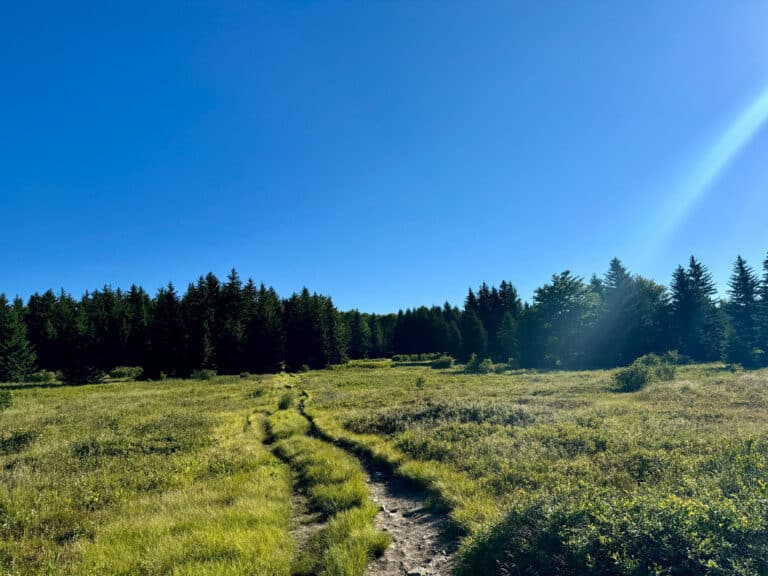Dear EarthTalk: Hunting seems to be a real controversy among environmental advocates. Can you set the record straight: Is hunting good or bad for the environment? –– Bill Davis, New York, NY
Like so many hot button issues, the answer to this question depends upon who you ask. On the one hand, some say, nothing could be more natural than hunting, and indeed just about every animal species—including humans—has been either predator or prey at some point in its evolution. And, ironic as it sounds, since humans have wiped out many animal predators, some see hunting as a natural way to cull the herds of prey animals that, as a result, now reproduce beyond the environment’s carrying capacity.
On the other hand, many environmental and animal advocates see hunting as barbaric, arguing that it is morally wrong to kill animals, regardless of practical considerations. According to Glenn Kirk of the California-based The Animals Voice, hunting “causes immense suffering to individual wild animals…” and is “gratuitously cruel because unlike natural predation hunters kill for pleasure…” He adds that, despite hunters’ claims that hunting keeps wildlife populations in balance, hunters’ license fees are used to “manipulate a few game [target] species into overpopulation at the expense of a much larger number of non-game species, resulting in the loss of biological diversity, genetic integrity and ecological balance.”
Beyond moral issues, others contend that hunting is not practical. According to the Humane Society of the United States (HSUS), the vast majority of hunted species—such as waterfowl, upland birds, mourning doves, squirrels and raccoons—“provide minimal sustenance and do not require population control.”
Author Gary E. Varner suggests in his book, In Nature’s Interests, that some types of hunting may be morally justifiable while others may not be. Hunting “designed to secure the aggregate welfare of the target species, the integrity of its ecosystem, or both”—what Varner terms ‘therapeutic hunting’—is defensible, while subsistence and sport hunting—both of which only benefit human beings—is not.
Regardless of one’s individual stance, fewer Americans hunt today than in recent history. Data gathered by the U.S. Fish & Wildlife Service for its most recent (2006) National Survey of Fishing, Hunting and Wildlife-Associated Recreation, show that only five percent of Americans—some 12.5 million individuals—consider themselves hunters today, down from nine percent in 2001 and 15 percent in 1996.
Public support for hunting, however, is on the rise. A 2007 survey by Responsive Management Inc., a social research firm specializing in natural resource issues, found that 78 percent of Americans support hunting today versus 73 percent in 1995. Eighty percent of respondents agreed that “hunting has a legitimate place in modern society,” and the percent of Americans indicating disapproval of hunting declined from 22 percent in 1995 to 16 percent in 2007.
Perhaps matching the trend among the public, green leaders are increasingly advocating for cooperation between hunters and environmental groups: After all, both lament urban sprawl and habitat destruction.
CONTACTS: The Animals Voice, www.animalsvoice.com; HSUS, www.hsus.org; National Survey of Fishing, Hunting and Wildlife-Associated Recreation, www.census.gov/prod/www/abs/fishing.html; Responsive Management Inc., www.responsivemanagement.com.
SEND YOUR ENVIRONMENTAL QUESTIONS TO: EarthTalk®, P.O. Box 5098, Westport, CT 06881; [email protected]. Read past columns at: www.emagazine.com/earthtalk/archives.php. EarthTalk® is now a book! Details and order information at: www.emagazine.com/earthtalkbook.







